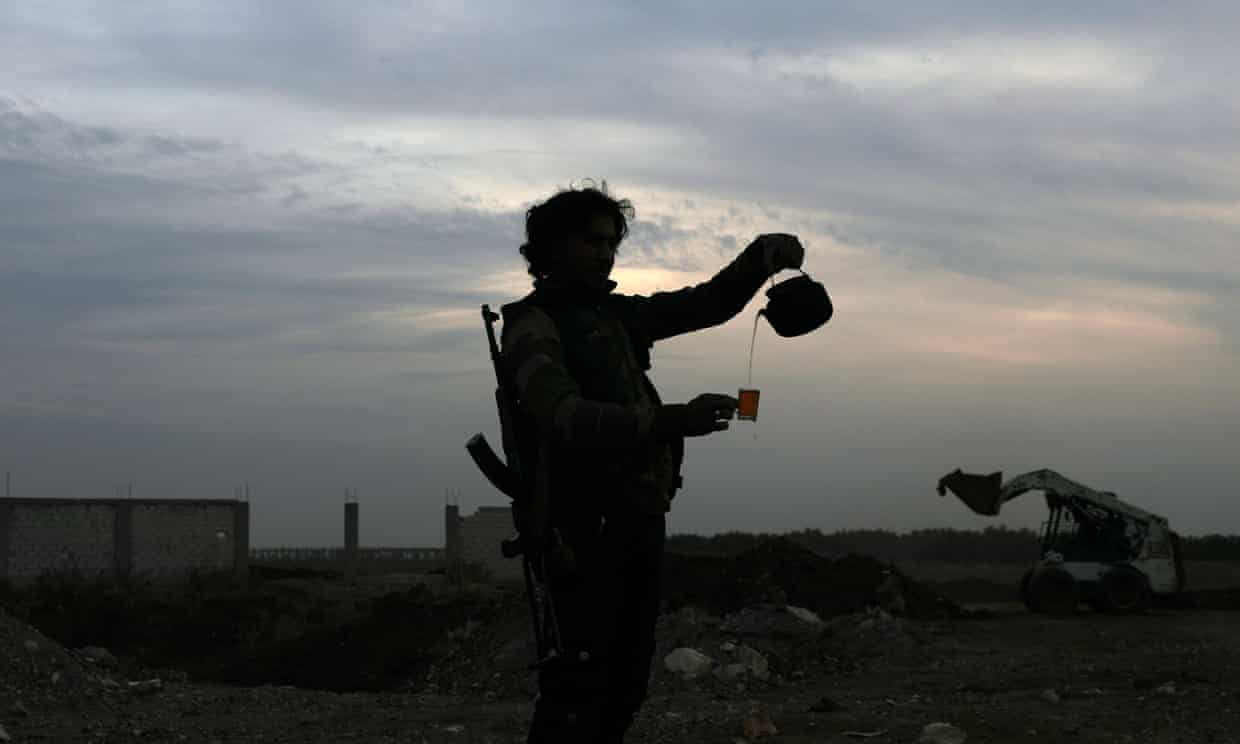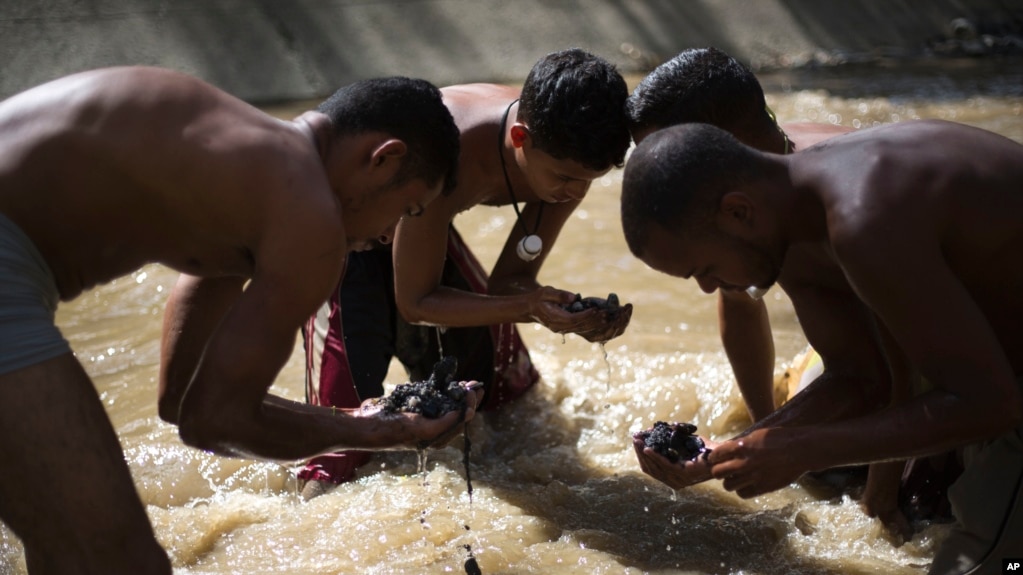By: Emily Green
Impunity Watch Reporter, South America
CUCUTA, Colombia – Colombia reports that 550,000 Venezuelans have entered the country. Frustrated citizens in border towns protest and demand that the refugees be removed.

On Monday, January 22, a protest in Cucuta between Colombians turned into a shoving match. The group was protesting the approximately 615 Venezuelans living in their area. They referred to the refugee’s shelters as “Hotel Caracas” and demanded that they be removed.
The Mayor, Cesar Omar Rojas, tried to reason with the crowd and asked for two days to implement a “progressive dislocation” for Venezuelans without the proper paperwork. He stated, “Whoever is undocumented has to leave the country. Whoever is here legally, with a passport, we will all look for a way for them to be transferred to another part of the country.”
Migration officials report that most of the Venezuelans in the country are there illegally. The government is under extreme pressure to care for this large number of migrants, and the number is only growing. One million Venezuelans have registered for a migration card which allows them to cross the border to purchase food, shelter, and medical care that they cannot get at home. In 2017, an average of 30,000 people used the card each day to find scarce goods.
Still, Colombia has given 126,000 refugees legal permission to stay. This includes the group of 69,000 who took advantage of humanitarian visas in July. Local Colombians say they are not against all Venezuelans, just the ones that come to the country to do harm. The border between Colombia and Venezuela has had troubles with smuggling and tension due to the price differentials.
Colombia’s finance minister, Mauricio Cardenas, confirmed that he would make an “urgent call” for aid at the upcoming World Economic Forum in Davos. Also, the UN Secretary General Antonio Guterres said the UN will send more aid to Colombia to help with the increasing number of refugees. Migration flows out of Venezuela are reaching historic proportions as thousands of people cross the western border each day. Colombia has prepared for these waves with plans for refugee camps similar to those that house Syrian refugees in Turkey and Lebanon.
Cardenas remarked, “Colombia has adopted a policy of open arms to these migration flows to show solidarity. We have offered urgent medical attention and school places to all Venezuelans. This all comes at a cost, and Colombia has assumed that cost.”
For more information, please see:
UNTV – Uproar over uptick of Venezuelans at Colombian border – 23 January 2018
BBC News – Colombia says 550,000 Venezuelans have fled to the country – 19 January 2018
Curacao Chronicle – Exact Numbers Venezuelan Refugees According to the UNHCR – 21 December 2017



